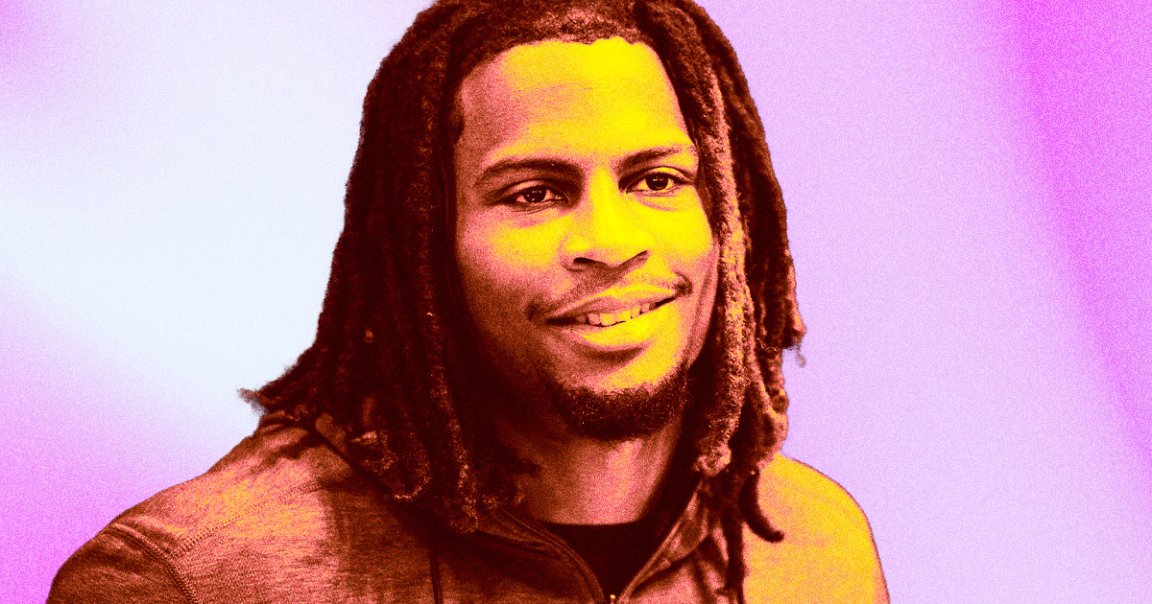
Shoot For the… Something
While being interviewed amid his National Football League scouting, a Texas athlete admitted to believing some incredible conspiracy theories.
“I don’t believe in space,” Tyler Owens, a Texas Tech University defensive back, said per Bleacher Report‘s Brent Sobleski. “I don’t think there’s other planets and stuff like that.”
When asked how he’d come to those bold conclusions, the 23-year-old rising star said he’d been turned on to those sorts of ideas by consuming Flat Earth conspiracy content.
“I started seeing flat Earth stuff,” Owens told the BR reporter. “And I was like ‘that’s kind of interesting’ and then they started bringing up valid points.”
To be fair, the DB who spent most of his collegiate career at Texas University admitted that the theories may not hold water — but otherwise seemed pretty convinced.
“I mean, I don’t know,” he said. “Could be real.”
Play Ball
Unfortunately, Owens is far from the only athlete to ascribe to conspiracy theories, including Flat Earth.
Back in 2017, superstar point guard Kyrie Irving — who also refused to get the COVID-19 vaccine as a potentially conspiracy-based personal decision that ended up costing him at least $100 million — suggested that the Earth may not be round despite millennia of established science and observations that prove it is.
A year later, Irving, now of the Dallas Mavericks, apologized for the comments, though he didn’t exactly walk them back.
When it comes to space, the aforementioned Texas players are in good company too. Golden State Warriors’ Steph Curry, who generally shies away from controversy, seemed to question whether the Moon landing had been faked — though in a podcast conversation with former astronaut Scott Kelly the next year, he claimed that comment had been made “in jest.”
To be clear, conspiracy theorism is certainly not just a sports problem or even a celebrity problem — but there does seem to be something about putting microphones or giving hundreds of millions of social media followers to people that makes them spout some mighty wild takes.
More on conspiracism: Joe Rogan’s Idiotic New Theory: AIDS Is Caused by Poppers